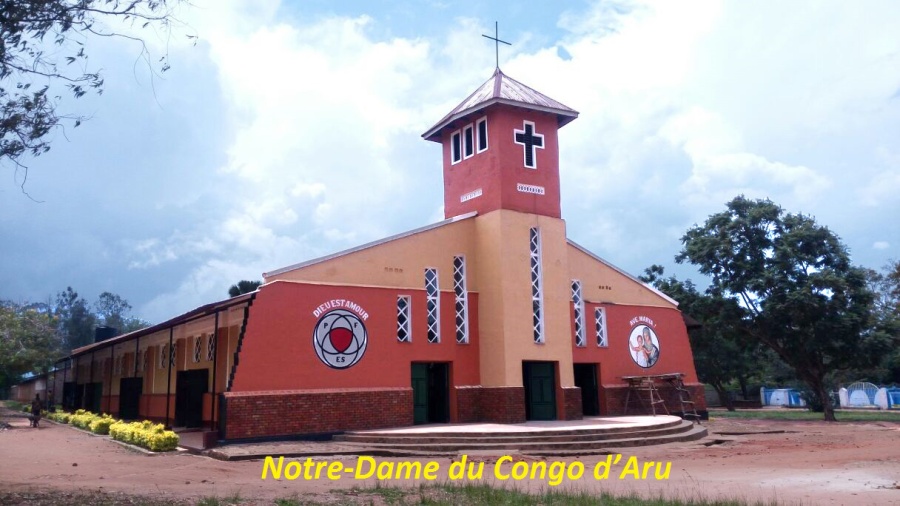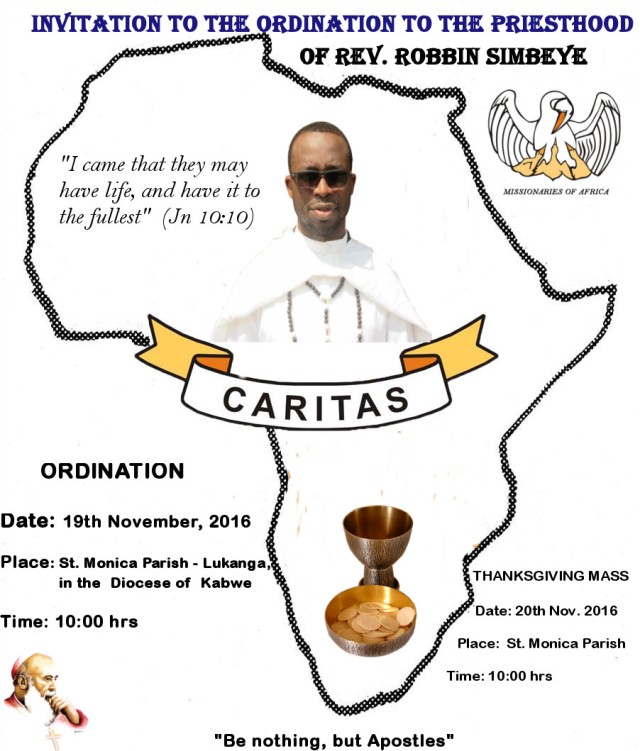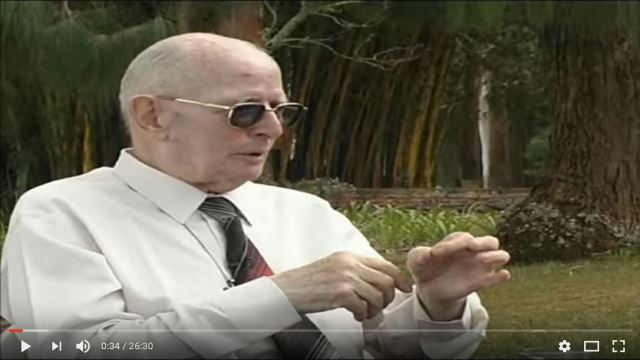I received my first appointment as a Missionary of Africa to Aru Parish in the Democratic republic of Congo (DRC). Aru was something that made me so proud and zealous to begin my ministry as a Catholic Priest. Despite some issues that were affecting our community, I was so courageous and zealous to live my priestly ministry according to what I had acquired during my formation. It is for this reason that I invested so much in learning the local language and the culture in order to live this missionary vocation fully and be in contact with the local population as a missionary. As I kept on integrating myself into community life and other pastoral activities, three months after my arrival, I had the confirmation that our Parish, Notre-Dame du Congo d’Aru, was to be handed over to the Diocese of Mahagi-Nioka.
 This decision was already taken some two years ago. I accepted this decision with a lot of pain and regret. It was not yet official but I had to carry on with my pastoral activities as though nothing was happening in my heart. I kept asking myself questions like: “Why was I appointed in a parish that was soon to be handed over to the Diocese?” “Why the Society of the Missionaries of Africa does keep transmitting parishes and other institutions to Dioceses and yet there is a good number of candidates in the initial formation?” “Can we find other means than handing-over M.Afr Parishes to Dioceses as it has been done traditionally?” I am very concerned as a young confrere.
This decision was already taken some two years ago. I accepted this decision with a lot of pain and regret. It was not yet official but I had to carry on with my pastoral activities as though nothing was happening in my heart. I kept asking myself questions like: “Why was I appointed in a parish that was soon to be handed over to the Diocese?” “Why the Society of the Missionaries of Africa does keep transmitting parishes and other institutions to Dioceses and yet there is a good number of candidates in the initial formation?” “Can we find other means than handing-over M.Afr Parishes to Dioceses as it has been done traditionally?” I am very concerned as a young confrere.
The Parish of Our Lady of Congo was first handed over to the Diocesan Priests in 1978. Then, it was handed over again to the Society of Missionaries of Africa in 1993. The parishioners and the local population still remember the mismanagement of the parish that they had observed during the time of Diocesan Priests. For this reason, they are worried about the ‘retransmission’ of Our Lady of Congo Parish. This is why we have been preparing them so that they accept the situation though it seems difficult for them to bear.
I have been serving as a young missionary priest in Aru Parish since October 2015. My missionary experience during this period has been very rich and significant. It is for this reason that I feel sad leaving this dynamic parish. In addition, my new appointment was not yet known since the handling over on September 25. May the Lord grant me courage and strength to face this challenge positively! I started my missionary ministry during the month of Our Lady of Congo, after which the parish is named, I therefore ask our mother Mary to intercede for this parish, to intercede for me so that I can find joy on the unknown “road to Emmaus” so that my heart can aflame again.









 Principles: Love of God. Love of each other. Love of self.
Principles: Love of God. Love of each other. Love of self. See on You Tube a video in French about Father Georges Defour.
See on You Tube a video in French about Father Georges Defour.